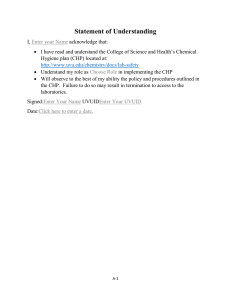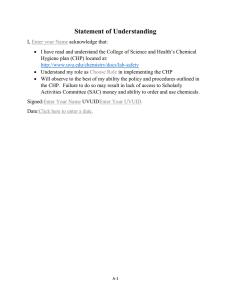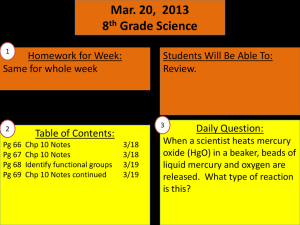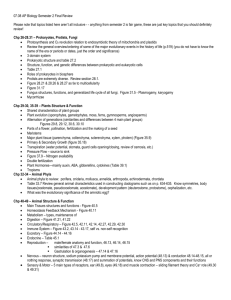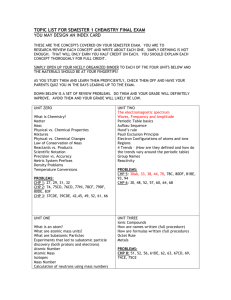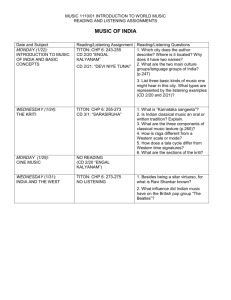Spring 2009 Music 1107/02 / Learning Community #5 Syllabus
advertisement
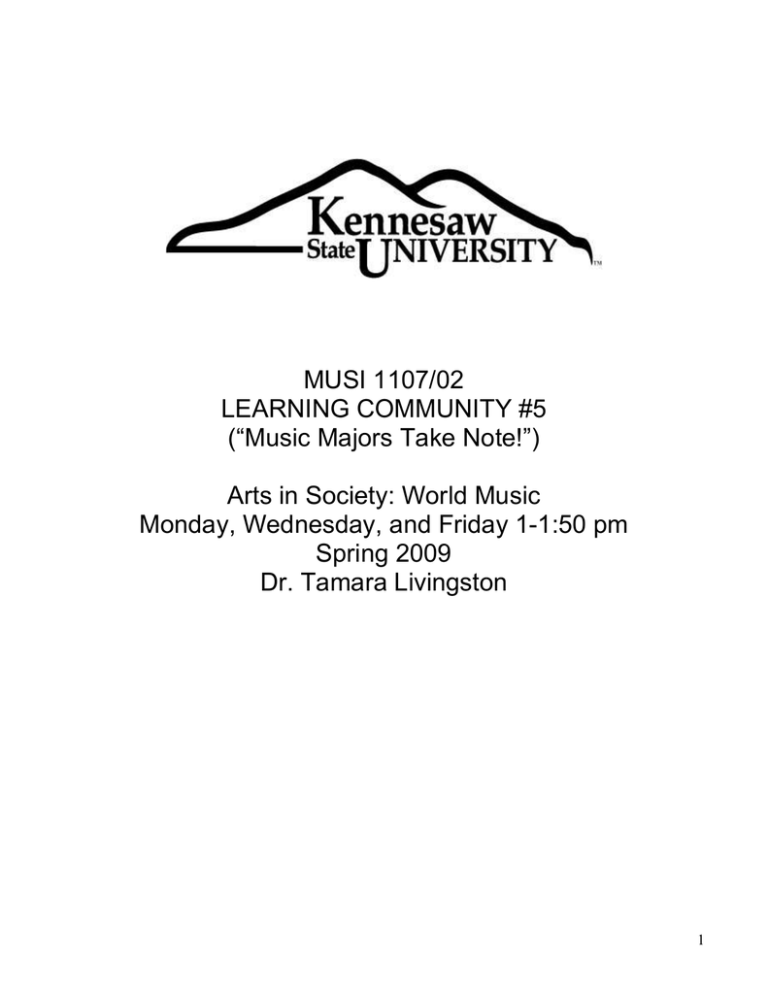
MUSI 1107/02 LEARNING COMMUNITY #5 (“Music Majors Take Note!”) Arts in Society: World Music Monday, Wednesday, and Friday 1-1:50 pm Spring 2009 Dr. Tamara Livingston 1 SYLLABUS MUSI 1107 (Section 2) - Introduction to World Music – Spring 2009 Department of Music, Kennesaw State University Instructor: Office: Office Hours: Phone: E-mail: Class time: Location: Prerequisite: Website: Dr. Tamara E. Livingston Room 218A, Library (University Archives, second floor) By appointment 770-423-6289 tlivings@kennesaw.edu M W F 1:00 - 1:50 Wilson Building Room 103 MUSI 1121 (Music Theory 1). For music majors. http://ksuweb.kennesaw.edu/~tlivings/worldmusic.htm Required Materials: 1. Textbook: Soundscapes: Exploring Music in a Changing World, by Kay Kaufman Shelemay (2nd edition). 2. Accompanying CD set: (3 CDs) (NOTE: MAY PURCHASE DIRECTLY FROM www.wwnorton.com) 3. Supplemental Textbook: Custom e-book on Western art music. Details will be announced. 4. Supplemental Western Art Music Recordings: Available through a streaming web service. Go to the Sturgis Library website and select Electronic Databases List (http://www.kennesaw.edu/library/resources/moreresources.htm). Scroll down to “Classical Music” and choose either on-campus access or off-campus proxy. Listening to any selection on the site is free to KSU users. Downloading costs are inexpensive. Learning Community: At KSU, a learning community (http://www.kennesaw.edu/fyp/learning_communities) is comprised of a themed combination of two or three General Education, elective, and/or lowerdivision major courses. Students learn the value of foundation courses and other lower-division work through student-centered active learning experiences that connect concepts across disciplines. The idea is to create a group of students that connects with each other, connects to campus, and connects to faculty from multiple disciplines in their first year of higher education. Learning Outcomes for Learning Communities: 1. Students will demonstrate skills in interacting appropriately with other students, faculty, and staff. 2. Students will demonstrate cross-disciplinary connections. 3. Students will reflect upon the value of global learning for engaged citizenship. 4. Students will use critical thinking skills and problem solving skills. 2 Scope and Purpose of Course: Music offers a fascinating view into other cultures and societies. This learning community invites students to explore a variety of non-Western and Western music within cultural, social, religious and political contexts. Students will acquire basic facts about specific music traditions and will learn to write about music as an aspect of culture. The course will cover a wide range of music traditions from various parts of the world including Latin America, Russia and Eastern Europe, Africa, the Middle East, and Asia. The latter part of the semester will present an overview of Western art music within a cultural and social context, emphasizing listening skills. Lectures will include discussion of readings, listening examples, videos, and live demonstrations when possible. NOTE: Certain concerts will be required for credit. Goals and Objectives: 1. Listen critically to music and be able to pose probing questions about its cultural contexts. 2. Identify broad stylistic categories, musical forms and genres of Western and nonWestern musics. 3. Appreciate music as a cultural expression. Grades: Participation (attendance, quizzes 10%) Mid-term Exam (45%) Final Exam (45%) Grades are determined by the following system: 96%-100% A+ 93%-95% A 87%-89% B+ 83%-86% B 77%-79% C+ 73%-76% C 67%-69% D+ 63%-66% D 59% or lower F 90%-92% A80%-82% B70%-72% C60%-62% D- Course Policies: 1. Attendance is REQUIRED. 2. Absence from an examination without prior WRITTEN notice to the instructor or without a documented valid excuse such as serious illness or family emergency will result in a grade of “0” for the exam. Quizzes given in class cannot be made up unless there is a valid documented excuse for missing class that day. 3. Turn all cell phones off or set to vibrate mode. Behavior that disrupts other students in class will not be tolerated. 4. Laptops may be used for note taking purposes only. Use of laptops or other devices to play games or send messages is disruptive to the atmosphere of the class and may result in your being asked to leave. Academic Integrity Statement: 3 Every KSU student is responsible for upholding the provisions of the Student Code of Conduct, as published in the Undergraduate and Graduate Catalogs. Section II of the Student Code of Conduct addresses the University’s policy on academic honesty, including provisions regarding plagiarism and cheating, unauthorized access to University materials, misrepresentation/falsification of University records or academic work, malicious removal, retention, or destruction of library materials, malicious/intentional misuse of computer facilities and/or services, and misuse of student identification cards. Incidents of alleged academic misconduct will be handled through the established procedures of the University Judiciary Program, which includes either an “informal” resolution by a faculty member, resulting in a grade adjustment, or a formal hearing procedure, which may subject a student to the Code of Conduct’s minimum one semester suspension requirement. COURSE SCHEDULE (Revised 1/14/09) Week Date 1 Jan. 9 2 12 14 16 3 19 21 23 4 26 28 30 5 Feb. 2 6 7 8 9 10 4 6 9 (10) 11 13 16 18 20 23 25 27 March 2 4 6 9 11 13 Topic Introduction to Music in Culture (Introduction – Musical Journey) (Introduction – Musical Journey) Listening to Music: Sound HOLIDAY Sound (continued) NO CLASS Listening to Music: Setting Assignment CHP 1 CHP 2 NO CLASS (GMEA) LECTURE/DEMO ON TURKISH FOLK MUSIC 12:30 – 1:45 Stillwell Theatre Listening to Music: Significance CHP 3 PERFORMANCE: Konya Sema Whirling Dervishes (Location: Stillwell Theatre, 8:00 pm) Transmitting Music: Migration CHP 4 Transmitting Music: Memory CHP 5 NO CLASS MID-TERM REVIEW MID-TERM EXAM Transmitting Music: Global Marketplace Understanding Music: Dance SPRING BREAK – NO CLASS SPRING BREAK – NO CLASS SPRING BREAK – NO CLASS CHP 6 CHP 7 4 11 12 13 16 18 20 23 25 27 30 April 1 14 15 16 17 3 6 8 10 13 15 17 20 22 24 27 29 PERFORMANCE: Atlanta Percussion Trio (Location: Stillwell Theater, 12:30-1:45pm)) Understanding Music: Ritual CHP 8 Understanding Music: Politics CHP 9 Understanding Music: Identity CHP 10 Introduction to Western art music in society / CLASSICAL Medieval Period Renaissance Period – Secular and Sacred Music Baroque Period – Opera and Oratorio Baroque Period – Opera and Oratorio Classical Period – Sonata and String Quartet Classical Period - Symphony Classical Period - Comic Opera Romantic Period – Orchestral music NO CLASS Romantic Period – Lied and Piano Music Romantic Period – Opera 20th Century – Movements: Impressionism; NeoClassicism 20th Century – Movements: Atonal and 12-tone Music FINAL EXAM REVIEW Please note: The schedule above may be adjusted to correspond with class progress during the semester. 5
